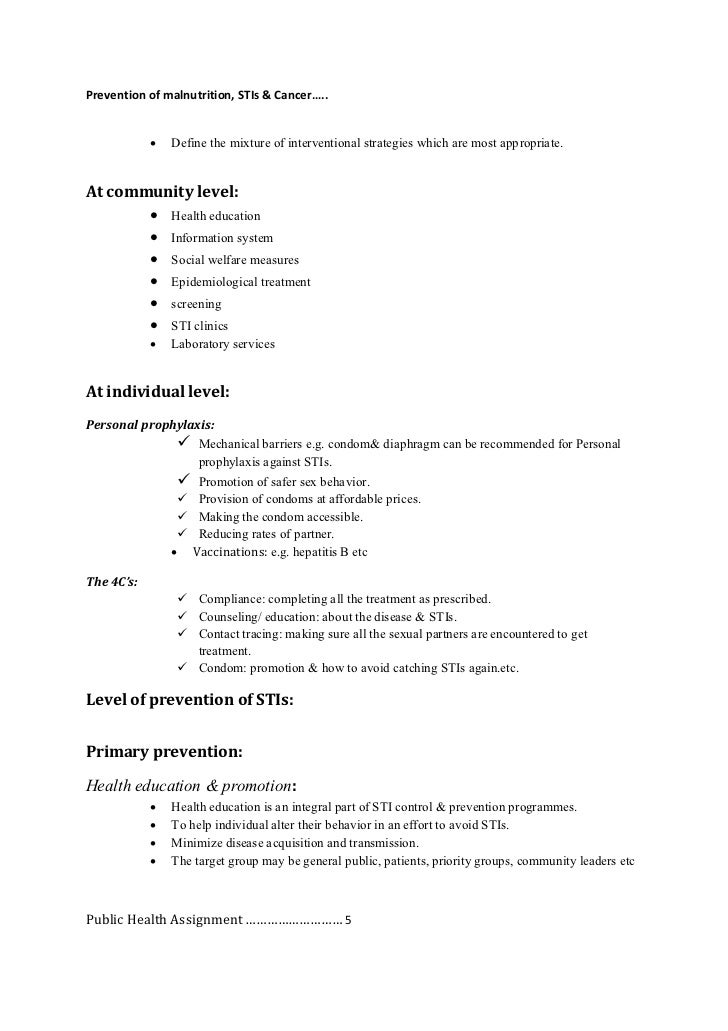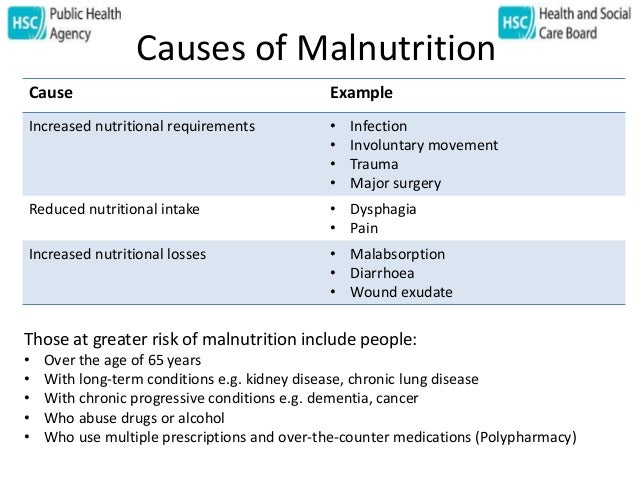Cachexia in Patients with Cancer: Advances in Understanding Pathogenesis Diagnosis and Treatment
malnutrition in cancer definition Cachexia in Patients with Cancer: Advances in Understanding Pathogenesis Diagnosis and Treatment Malnutrition in Cancer Patients
Cancer is definitely an powerful disease, plus it uses a potent treatment regimen to deal with and hopefully eradicate the malignant cells. However, cancer treatment itself is extremely damaging for the body, and it can make an individual very weak. Thus, it is crucial for cancer patients to fight the malnutrition that always comes as a consequence of treatment so that you can stay strong.


When you consume, you take in the vitamins, minerals, proteins, carbohydrates, as well as other items that the body needs for fuel. This supports your disease fighting capability and also all around health, which enables you to battle the cancer. Frustratingly, though, just like someone needs this strength one of the most, the cancer and subsequent treatment could cause that you develop anorexia or cachexia.


One of one of the most frequent the signs of cancer is anorexia, or complete loss in appetite. This can occur since the body loses its ability smell or taste because of cancer treatment, or it might happen as tumors grow make pressure on digestive organs. Cachexia, however, is really a wasting disease characterized by loss in body mass. Normally, your system can adjust to starvation or anorexia by slowing its metabolism. However, with cachexia, the metabolism is not able to adjust, which forces your system to use its very own fat and muscle. Cachexia most often occurs with lung and digestive cancers.

Frustratingly, both anorexia and cachexia can cause malnutrition as the body no longer gets the nutrients it must withstand cancer and cancer treatment. Malnutrition will make you more susceptible to infections, along with the treatment itself may become too risky for your system. You may also feel fatigued and weak, which decreases you skill to fight your cancer.
To assist in preventing malnutrition, many cancer treatment centers include nutritional counseling and therapy. This can teach you getting probably the most nutrients out of your food that you are able to take.
If you are clinically determined to have mesothelioma, you may want additional support in managing and coping with the medial side outcomes of devastating disease, including cachexia and anorexia. To learn more about mesothelioma, check out the Mesothelioma Resource Center today.




One of one of the most frequent the signs of cancer is anorexia, or complete loss in appetite. This can occur since the body loses its ability smell or taste because of cancer treatment, or it might happen as tumors grow make pressure on digestive organs. Cachexia, however, is really a wasting disease characterized by loss in body mass. Normally, your system can adjust to starvation or anorexia by slowing its metabolism. However, with cachexia, the metabolism is not able to adjust, which forces your system to use its very own fat and muscle. Cachexia most often occurs with lung and digestive cancers.

Frustratingly, both anorexia and cachexia can cause malnutrition as the body no longer gets the nutrients it must withstand cancer and cancer treatment. Malnutrition will make you more susceptible to infections, along with the treatment itself may become too risky for your system. You may also feel fatigued and weak, which decreases you skill to fight your cancer.
To assist in preventing malnutrition, many cancer treatment centers include nutritional counseling and therapy. This can teach you getting probably the most nutrients out of your food that you are able to take.
If you are clinically determined to have mesothelioma, you may want additional support in managing and coping with the medial side outcomes of devastating disease, including cachexia and anorexia. To learn more about mesothelioma, check out the Mesothelioma Resource Center today.
0 Response to "Cachexia in Patients with Cancer: Advances in Understanding Pathogenesis Diagnosis and Treatment"
Post a Comment